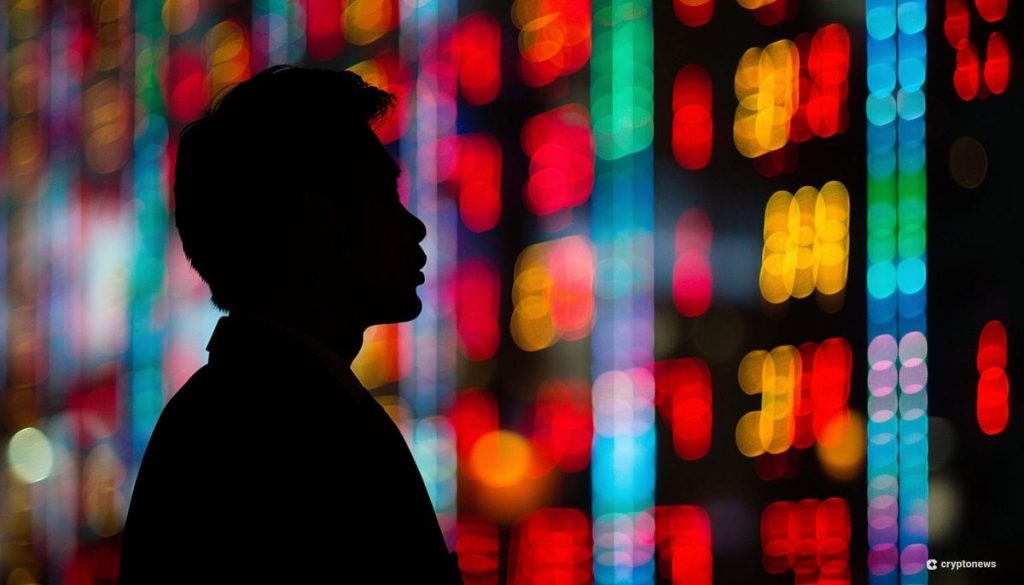Summarize this content to 2000 words in 6 paragraphs
Following its second airdrop, Mystiko Network has been entangled in insider trading allegations and has raised questions about the fairness and transparency of its token distribution. The controversy has sparked much debate within the cryptocurrency community, as two specific wallets received disproportionately large allocations compared to most participants.Allegations and Community Outrage on Mystiko Network Airdrop
Mystiko Network’s second airdrop, intended to distribute XZK tokens to its community, quickly turned controversial when it was discovered that two addresses, “0xBca” and “oxda8,” received 59,570 XZK ($1,787) and 60,325 XZK ($2,170), respectively. In stark contrast, most other participants received between 400 and 5,740 XZK, valued at up to $172.This stark disparity in token allocation has led to accusations of insider trading and unfair practices, and widespread community outrage has erupted over the perceived injustice.In response to the allegations, Mystiko Network’s Discord moderator, Ellie, dismissed the claims as “baseless” and referred to the network’s public response on Twitter. “You can see our public Twitter response. It’s completely baseless, and it takes 1 search on the blockchain to see it’s not true,” said Ellie on the project’s Discord channel.According to Mystiko Network on X, the two wallets in question belonged to early protocol contributors who met the established criteria for larger rewards.The team confirmed the existence of the contentious addresses and reviewed their transaction histories. They reiterated that the addresses met the criteria for early contributors and had conducted multiple transactions within the network.
👉Mystiko confirms that the wallet addresses listed in the rumors belong to early contributors. Please refer to the following hashes:https://t.co/iOk8ouvE4Qhttps://t.co/N2xFS7VX0hhttps://t.co/rbzGiUwUb4
— Mystiko.Network (@MystikoNetwork) July 25, 2024The network provided on-chain evidence showing multiple interactions with the protocol from an early stage, supporting their defense. However, independent verification of whether insiders or regular users held these wallets has proven challenging.Further Investigations and FindingsDespite these assurances, the controversy remains unresolved, with many in the community demanding more transparency and accountability.This incident is not the first airdrop controversy Mystiko Network has faced. The project was criticized for insufficient anti-Sybil measures during the zkSync airdrop a month prior.Such repeated controversies have stressed the need for more robust mechanisms to ensure fair and transparent token distributions, and the community is not taking it easy with them. Cryptocurrency airdrops have been under increasing scrutiny in 2024, largely due to the prevalence of professional airdrop hunters. These individuals farm multiple airdrops using various wallets, aiming to sell the tokens immediately rather than engaging with the protocol long-term. This practice undermines the goal of rewarding and engaging genuine community members, further fueling skepticism around airdrop events.Insider allegations have been one of the most critical and growing aspects of crypto.Early this year, Binance also had to undergo an internal investigation into an insider trading allegation.Binance initiated an internal investigation in response to mounting concerns and community discussions regarding potential insider trading associated with Book of Meme (BOME), a meme coin built on the Solana blockchain.The exchange’s preliminary findings indicated no connection between the individual in question and Binance. To encourage transparency, Binance has offered rewards ranging from $100,000 to $5 million for verified reports, ensuring whistleblowers’ anonymity.This investigation highlights the growing issue of insider trading within the cryptocurrency industry.Last year, a former Coinbase product manager was sentenced to two years in prison in a one-of-a-kind insider trading case. Ishan Wahi, 32, of Seattle, Washington, was sentenced by U.S. District Judge Loretta A. Preska for providing Coinbase’s confidential information about upcoming crypto listings to his brother and his friend to then make profitable trades.Also, a report from early last year also indicated that 56% of ERC-20 tokens have been subjected to insider trading in the past or present.












